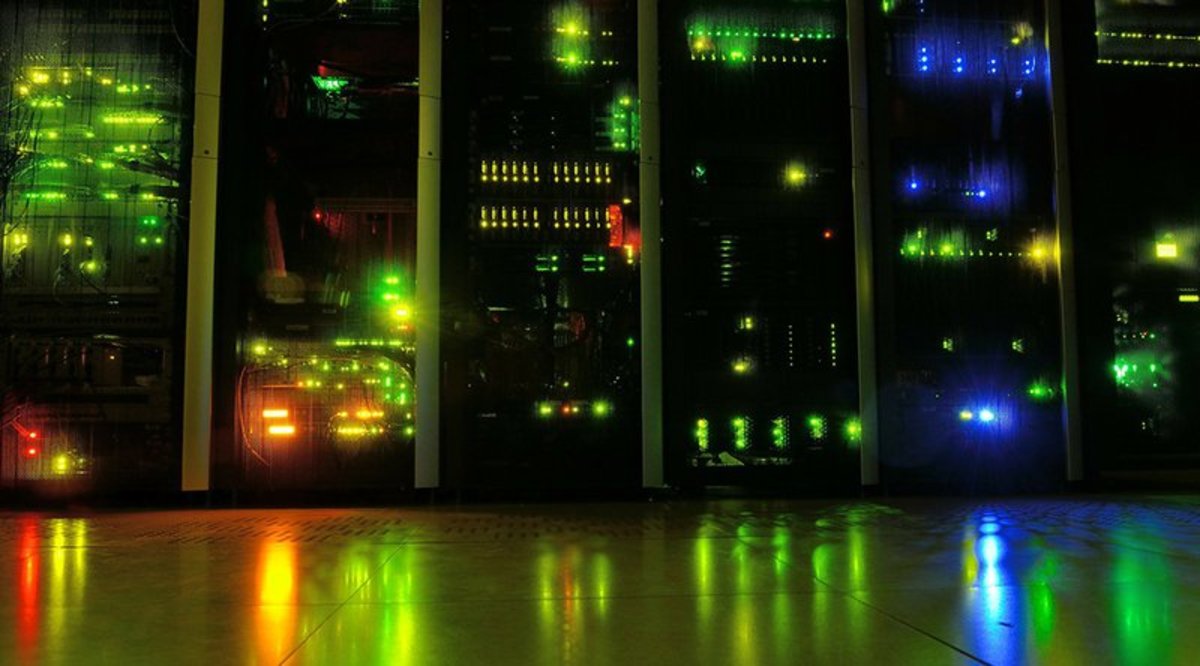
Slush Pool, a Czech-based Bitcoin mining pool accounting for 6 percent of hashing power on the Bitcoin network, indicates it will re-enable connected miners to vote for a block-size increase through BIP (Bitcoin Improvement Proposal) 101. Slush Pool was the first mining pool on the Bitcoin network to allow miners to vote for BIP 101, but recently suspended this option due to sustained DDoS attacks on its servers.
Speaking to Bitcoin Magazine, Slush Pool operator Marek Palatinus said: “We're strengthening our infrastructure and we plan to enable BIP 101 mining again.”
The block-size dispute might reach a critical juncture over the next weeks, with the upcoming Scaling Bitcoin workshop in Hong Kong in the first week of December, and the stated intent of several prominent Bitcoin companies to change their code to allow for bigger blocks that same month. As such, Bitcoin miners (and pools) might be faced with an important decision as to which code they will support.
Palatinus said that the effort to re-enable miners to vote for bigger blocks is unrelated to this “December deadline,” however.
“We're not focused on December with our decision, but we still think the block-size limit should be increased,” Palatinus explained. “Sometimes there are already blocks full of valid transactions, and there's not any particular reason why user experience with bitcoin transactions should be limited because of an arbitrary limit of 1 megabyte.”
He added, “We're close friends to Paralelni Polis, the first – and only? – bitcoin-only cafe and co-working space, located in Prague near our offices. We have real-world experience with day-to-day bitcoin transactions of common users. We also see issues related with transactions not going through the Bitcoin network and how it affects bitcoin acceptance. For this reason we consider this an urgent issue.”
BIP 101 – which is implemented in alternative Bitcoin implementation Bitcoin XT – is programmed to increase the maximum block size to 8 megabytes if a threshold of 75 percent of mining power accepts the change. Once activated, this limit is set to double every two years. Much like before, however, Slush Pool does not intend to force connected miners to vote for a BIP 101 block increase with their hashing power. Instead, individual miners will be given the option to cast such a vote if they want to.
“We personally hope BIP 101 will be adopted, but we do not want to enforce BIP 101 mining on our pool,” Palatinus said. “We believe in open discussion and democracy. For this reason we want to tell our miners about all options, explain their pros and cons, and let them individually decide by their mining vote.”
BIP 101 has received criticism within the Bitcoin development community, the main concern being that its exponential growth curve might lead to oversized blocks. While an increased block size would allow for more transactions on the Bitcoin network, “Decentralists” fear that oversized blocks could further centralize mining and full nodes – in turn, potentially harming Bitcoin's censorship resistance.
Palatinus, however, believes the risks of BIP 101 are being exaggerated, explaining:
“Improved block compression solutions will be able to vastly decrease the risk of oversized risks in regard of centralization of mining. Additionally, Bitcoin's blockchain file is impractically big for common use already. Normal users don't run Bitcoin Core anymore, because there are many other easier and more user-friendly solutions for managing bitcoin than Core. For those who want to have a full copy for any reason, there won't be a much bigger difference.”
Finally, Palatinus added that Slush Pool is open to alternative block increase proposals, too.
One alternative block-size proposal that has been gathering support is an incremental increase to 8 megabytes over four years time. Proposed as a temporary solution by Blockstream CEO and Hashcash inventor Dr. Adam Back, this “2-4-8” option seems acceptable to a significant segment of the Bitcoin Core development team, as well as prominent industry members.
When asked by Bitcoin Magazine about the 2-4-8 quick fix, Palatinus said: “This will only move the same discussion to the future, not solving the real issue. However as a temporary solution – possible.”










